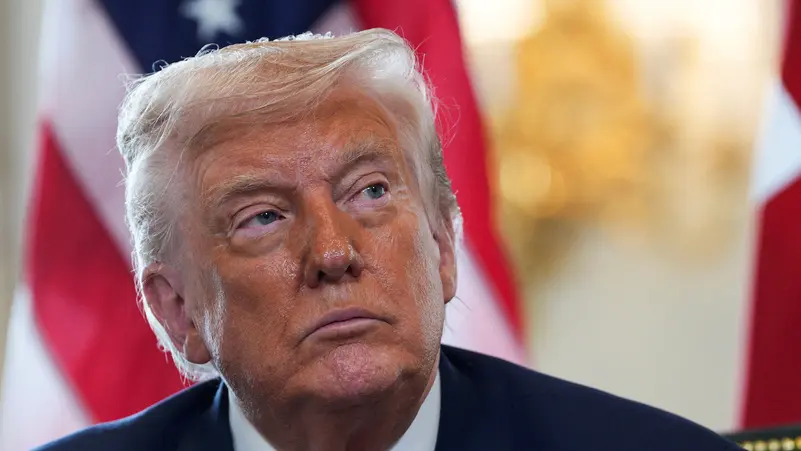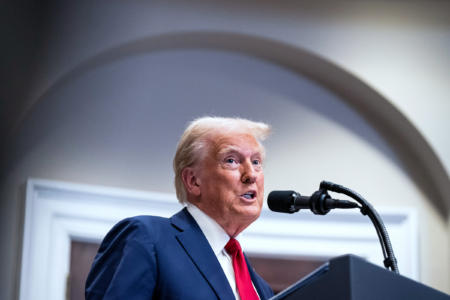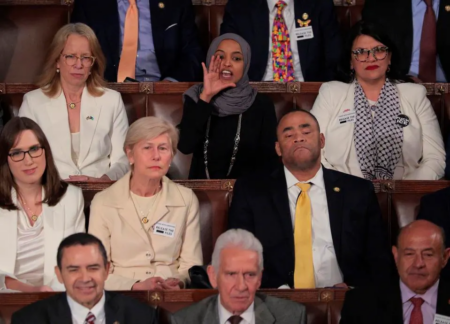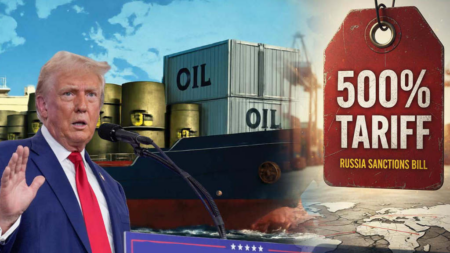U.S. President Donald Trump has sharply criticized Canada’s announcement to recognize Palestine state at the upcoming UN General Assembly in September 2025, raising concerns that it may jeopardize bilateral trade negotiations and trigger punitive tariffs.
Trump posted on social media, saying:
“Wow! Canada has just announced that it is backing statehood for Palestine.
That will make it very hard for us to make a Trade Deal with them.
Oh Canada!!!”
Timing and Trade Tensions Escalate
His comments came just one day before a scheduled increase in U.S. tariffs—up to 35% on Canadian goods unless a new agreement is finalized by August 1, 2025.

Canada’s Conditional Move to Recognize Palestine
Prime Minister Mark Carney announced Canada’s intent to recognize Palestine based on conditions including:
- Demilitarization of the future Palestinian state
- General elections in 2026, excluding Hamas participation
- Reforms led by Palestinian Authority President Mahmoud Abbas
The recognition aligns Canada with other Western allies that have also pledged conditional support for Palestinian statehood.
Trump Ties Foreign Policy to Trade Leverage
Trump’s strong reaction reveals a rising tactic: using trade policy as leverage to influence countries’ foreign policy decisions.
Canada could face economic repercussions if the U.S. deems its recognition as rewarding militancy rather than supporting peace.
Risks and Stakes for Canada
Given that over 75% of Canada’s exports enter the U.S., higher tariffs could significantly impact its economy.
Trump has repeatedly threatened broader tariffs and has even floated extreme rhetoric in previous confrontations with U.S. allies.
Despite this, Carney maintains that Canada acts independently and will not accept a poor trade deal driven by external pressure.
Raising Critical Questions
Canada’s decision to recognize Palestine reflects a strategic diplomatic shift rooted in support for a two-state solution and humanitarian response.
However, the move comes amid increasing U.S. leverage through trade policy—raising critical questions about sovereignty, economic risk, and the intersection of diplomacy and commerce.








